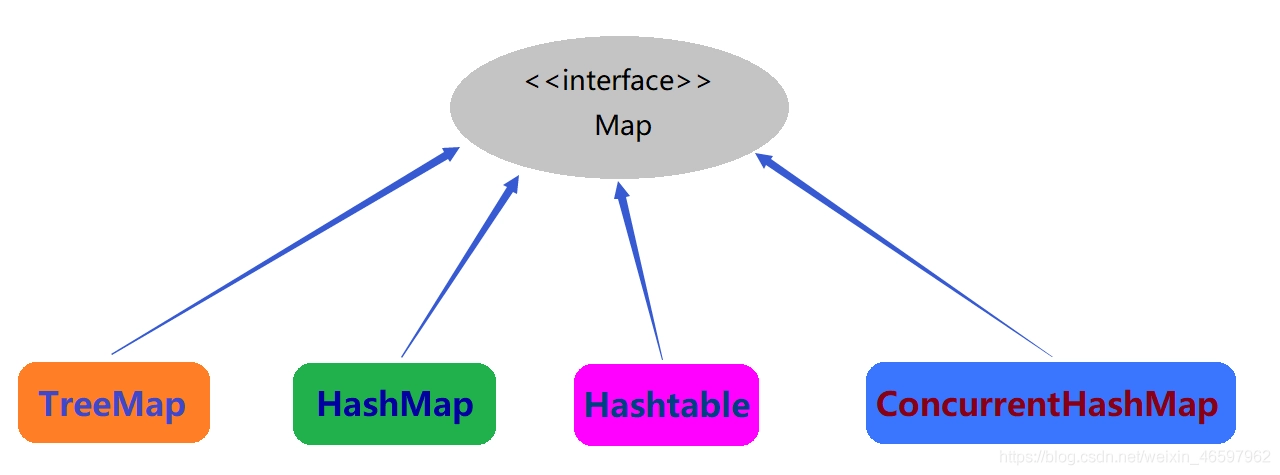
HashMap Overview
HashMap is a dynamic data structure based on hash tables that allows the use of any immutable object as a key to store and retrieve data. However, using objects as keys in HashMaps can pose some issues in certain circumstances.
Key Requirements for Objects in HashMap
Immutability: The attributes of the object cannot be modified, as changes to the attributes would invalidate the existing key-value pairs in the hash table.
Hashability: The object must be hashable, meaning its hash code must be definite and unchanged after the object is created.
However, there are situations where we cannot guarantee that the object’s hash code is definite or that the object is immutable.
For instance, we might use a class containing complex objects as keys, and the properties of these objects may be modified. In such cases, if we use such objects as keys, the original key-value pairs will become invalid when the object’s properties change, leading to data inconsistency.
Additionally, when using objects as keys in HashMap, we need to consider the serialization issue of the objects. If the object is serializable, we may encounter deserialization issues when retrieving the object from the HashMap. If the object changes after being deserialized, the original key-value pairs will also become invalid.
Case Study
Let’s analyze this issue through a case:
Suppose we have a Product class containing two attributes: product number and product name. We intend to use Product objects as keys in HashMap to store user information. However, if the product number or name changes (e.g., the user changes the product name), the original key-value pairs will become invalid, potentially leading to data inconsistency.
public class Product {
private String productNumber;
private String productName;
}
Example
Now, we create a HashMap and use the Product object as a key:
HashMap<Product, String> productMap = new HashMap<>();
Product product1 = new Product("product001", "Product 001");
productMap.put(product1, "product001's name");
Assuming the product number or name changes, we need to update the Product object:
product1.setProductNumber("product002"); // Change the product code
product1.setProductName("Product 002"); // Change the product name
When we attempt to retrieve product information from the HashMap, since the attributes of the Product object have changed, the original key-value pairs will become invalid, resulting in data inconsistency:
String result = productMap.get(product1); // Returns null because the key has become invalid
Solutions
To solve this problem, we can consider using a fixed ID as the key instead of the object itself. This way, even if the object’s attributes change, it will not affect the original key-value pairs. Additionally, we can use mechanisms like weak references or WeakReferenceSet to mitigate the impact of garbage collection on data.
Conclusion
In summary, HashMap is not suitable for using mutable objects as keys for the following reasons:
Mutable objects can lead to data inconsistency.
Using a fixed ID as a key can prevent data inconsistency.
Using weak references or weak reference collections can reduce the impact of garbage collection on data.
In practical development, we should choose the appropriate key type based on the specific situation to ensure data consistency and stability.


